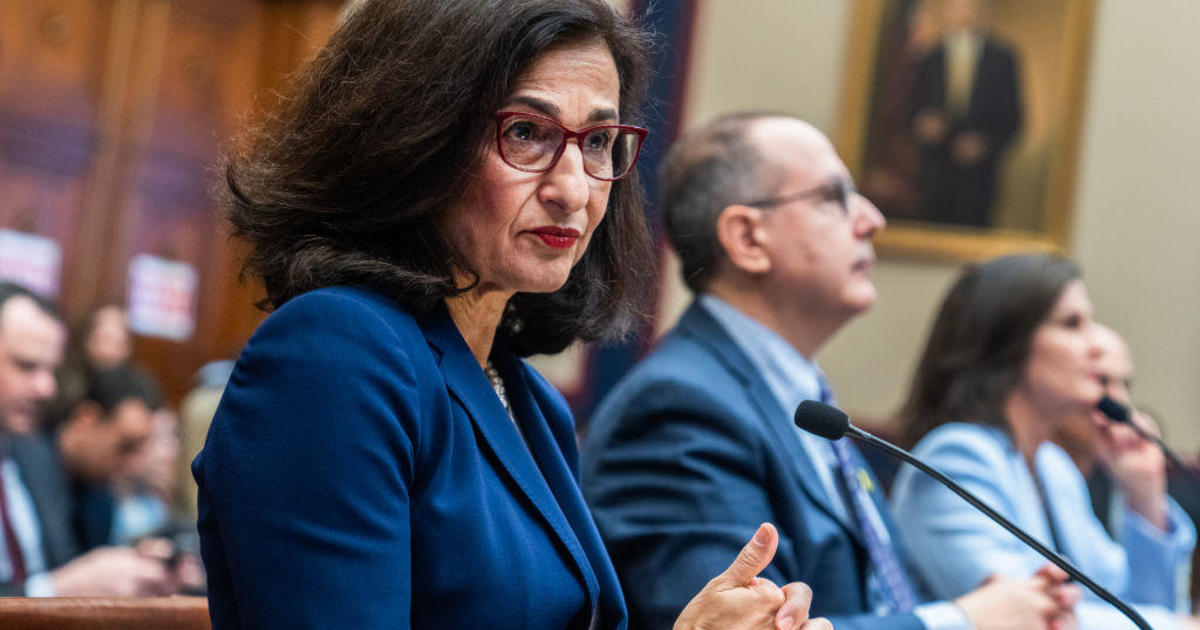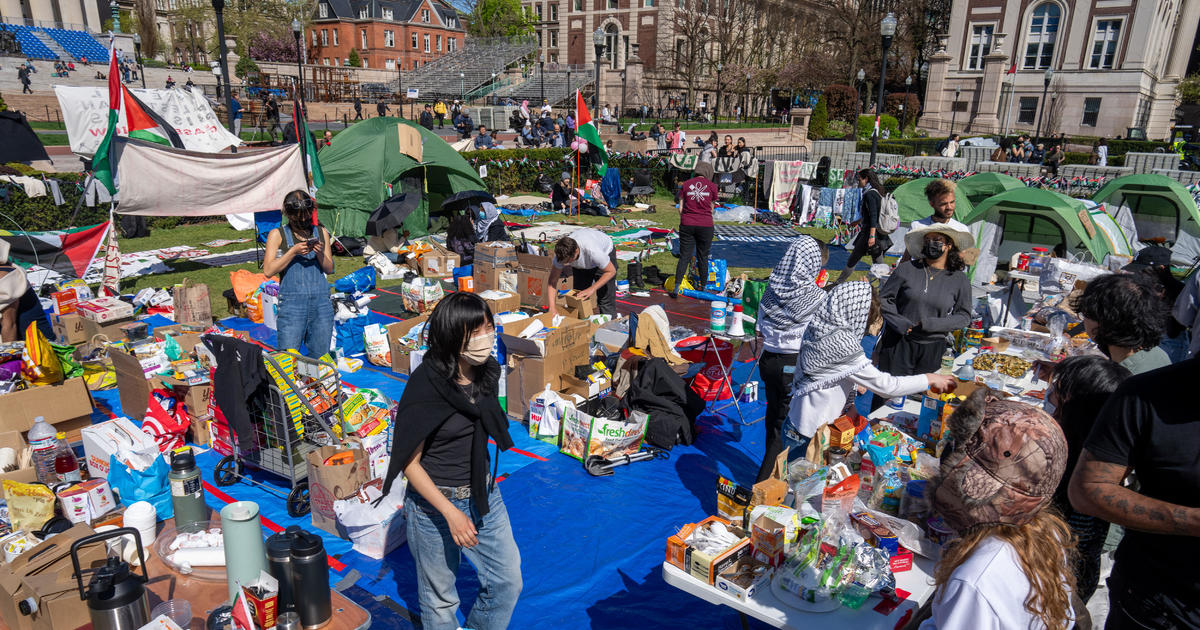California Wine Counterfeiter Rudy Kurniawan Gets 10 Years
NEW YORK (CBSNewYork/AP) -- A collector was sentenced to 10 years in prison in New York Thursday for making bogus vintage wine in his California kitchen, and selling it for millions of dollars.
In sentencing Rudy Kurniawan, 37, Manhattan U.S. District Judge Richard M. Berman said he wanted to send a message to others who might tamper with what people eat and drink.
``The public at large needs to know our food and drinks are safe --- and not some potentially unsafe homemade witch's brew,'' Berman said as he announced the prison term for Kurniawan. He also ordered him to forfeit $20 million and pay $28.4 million in restitution.
Kurniawan, an Indonesian citizen of Chinese descent, lowered his head as the judge explained the sentence and described Kurniawan's quest as a ``bold, grandiose, unscrupulous but destined-to-fail con.''
Assistant U.S. Attorney Stanley Okula described Kurniawan as the ``kingpin of counterfeiters,'' a man who turned his Arcadia home into a laboratory where he poured wine into what appeared to be vintage bottles before attaching elegant fake labels and selling them for tens of millions of dollars.
``He did it to line his own pockets,'' Okula told Berman, who concluded that Kurniawan had caused losses close to $30 million, primarily to seven victims. One of them was William Koch, a billionaire yachtsman, entrepreneur and wine investor.
Koch testified at Kurniawan's December trial, when Kurniawan was convicted of mail and wire fraud.
Before he was sentenced, Kurniawan twice apologized, saying ``I'm really sorry'' and expressing a desire to take care of his mother, who lives in California after receiving asylum.
Kurniawan, who moved to the United States at age 16, had his own request for political asylum turned down, and he was ordered deported in 2001. He continued to live in the United States after his appeal was rejected in 2003. He will be deported after he serves his sentence.
His lawyer, Jerome H. Mooney, asked for leniency, saying his client got swept up in the thrill of mixing with California's wealthiest people.
``He was insecure, very insecure,'' Mooney said. ``He wanted to be them. He wanted to be part of it.''
Mooney said Kurniawan used some of his family's fortune to buy $40 million of wine, eventually selling $36 million of it before he realized he could develop a business in which he created mixtures that tasted like the world's greatest wines.
He said Kurniawan's victims were wealthy and aware that counterfeit wines were a frequent occurrence in the marketplace.
``Nobody died. Nobody lost their savings. Nobody lost their job,'' he said. The lawyer said the 2 1/2 years Kurniawan has served in prison was enough penalty, since he had lost everything and been branded a cheat.
Okula called the defense lawyer's comments ``quite shocking,'' especially when he suggested that Kurniawan should get lenient treatment because he ripped off rich people rather than the poor.
``Fraud is fraud,'' he said.
Kurniawan was a connoisseur of counterfeiting who mastered label making, cork stamping, bottle waxing and recorking to create fake bottles of wine. Federal prosecutors said Kurniawan turned his California home into a wine factory. Restaurants sent him empty wine bottles, then he mixed together cheap wine and rebottled it as vintage wine.
He also borrowed money against his collection of fake wines and owes a New York bank several million dollars.
Wine consultant Maureen Downey spent hours documenting the deception to help her sniff out future fakes, CBS 2's Tony Aiello reported in December 2013.
"Some of the stuff up there, even the producers say they would not be able to spot it," Downey said.
For example, Kurniawan phonied up two bottles of 1934 Romanee-Conti and sold them for $24,000. A fake double-magnum of 1947 Chateau Petrus was auctioned for $30,000.
"He made blends," Downey said. "He was like a mad scientist."
But he made mistakes that raised eyebrows in the world of fine wine.
Kurniawan put up for auction bottles of Clos Saint-Denis from the 1940s and 1950s even though the winery didn't start producing that appellation until the 1980s.
French wine expert Michael Egan, of Bordeaux, testified for the government in the case back in December 2013.
You Might Also Be Interested In:
(TM and © Copyright 2014 CBS Radio Inc. and its relevant subsidiaries. CBS RADIO and EYE Logo TM and Copyright 2014 CBS Broadcasting Inc. Used under license. All Rights Reserved. This material may not be published, broadcast, rewritten, or redistributed. The Associated Press contributed to this report.)



